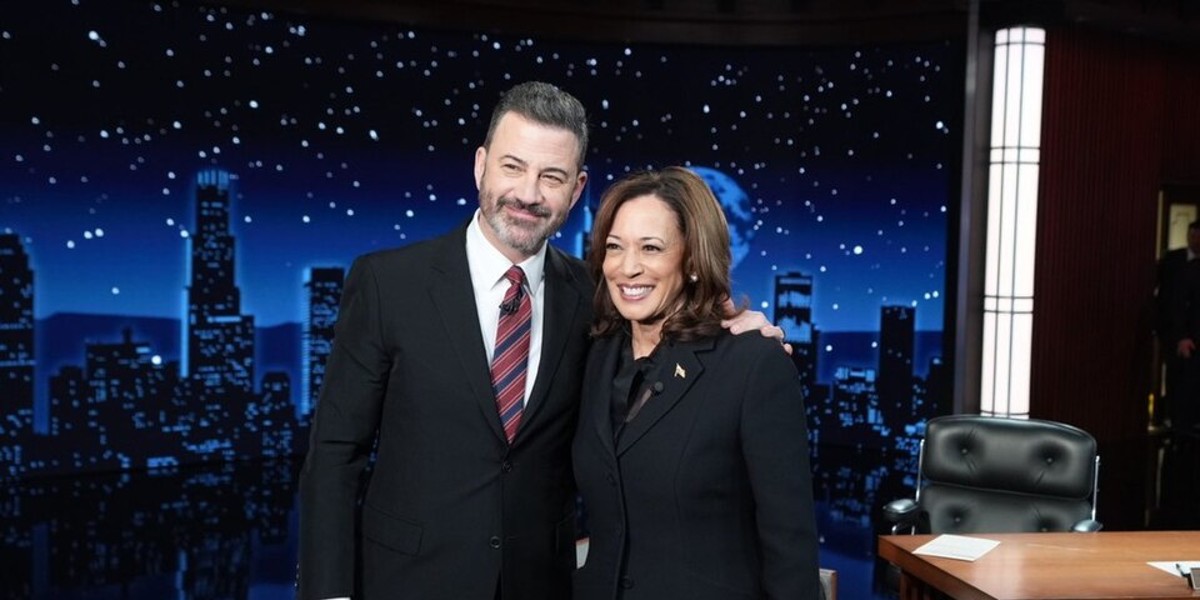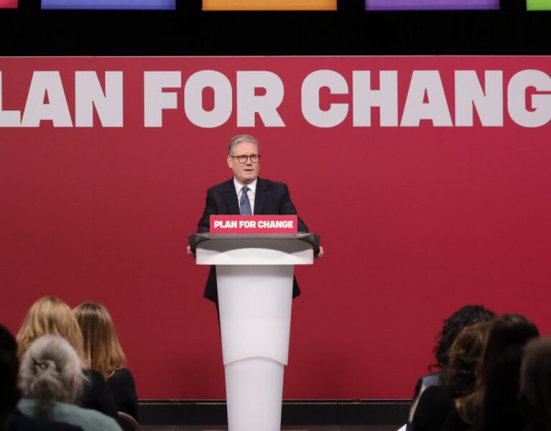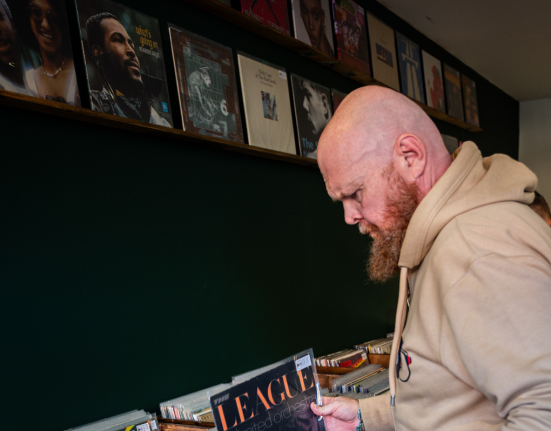Selective outrage undermines principle
Charlie Kirk built his profile on a relentless defence of free speech – campus tours, rallies, and campaigns railing against the suppression of conservative voices.
That makes the furore over Jimmy Kimmel’s ill-judged joke about Kirk’s killing all the more revealing. Free speech cannot be championed on Monday and throttled on Tuesday.
Disney’s ABC may claim it was protecting sensitivities, but the reality is clear: a late-night host was forced off air under political duress. The Federal Communications Commission chair, Brendan Carr, threatened Disney affiliates unless they acted, while Donald Trump crowed from the sidelines. This is not corporate caution – it is government pressure dressed up as moral outrage.
Hypocrisy at the heart of it
The truth is uncomfortable. Kirk’s supporters, who once decried cancel culture, now demand it with relish. They have turned “free speech” into a partisan cudgel – an absolute right when conservative voices are targeted, a privilege to be stripped away when satire cuts the other way.
Kimmel’s remark may have been tasteless. But free speech is not designed to protect the polite or the popular; it exists precisely to shield the provocative, the uncomfortable, even the offensive. And yes, words have consequences. Free speech does not mean freedom from criticism, boycotts, or public backlash. But those consequences must come from audiences and consumers – not from regulators twisting corporate arms.
Freedom or conformity
Kirk deserved dignity in death. But weaponising his memory to muzzle critics betrays the very ideals he claimed to defend. The measure of a democracy is not whether it tolerates agreeable words, but whether it permits those we would rather not hear.
What Disney, Trump and the FCC have created is not free speech – it is a selective, conditional version that serves power and silences dissent. That is no freedom at all.







